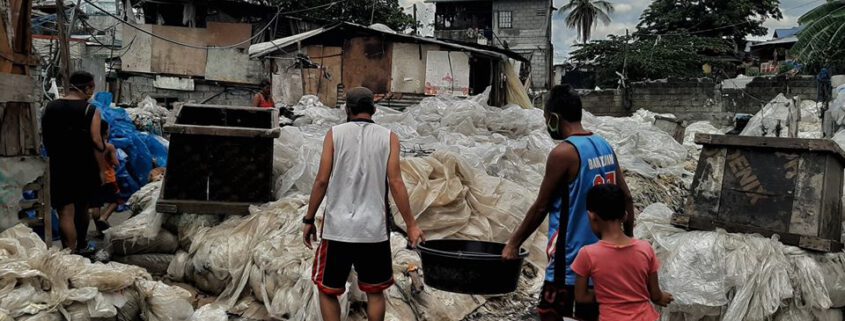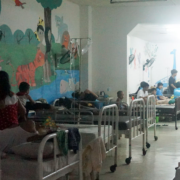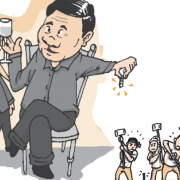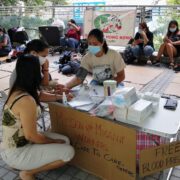Duterte administration’s recovery plans help the rich more than the poor
by IBON Media & Communications
IBON said that the government’s supposed recovery plans are more concerned about supporting business profits than helping the mass of unemployed Filipinos.
The finance department’s Philippine Program for Recovery with Equity and Solidarity (PH-PROGRESO) and stimulus bills in Congress give considerable support to businesses while millions of affected families get token support at best.
PH-PROGRESO of the economic managers does not give any cash support to poor and low-income families most in need, including the mass of unemployed, noted IBON.
The Corporate Recovery and Tax Incentives for Enterprises Act (CREATE) proposal of PH-PROGRESO wants to give Php667 billion worth of corporate tax breaks, the biggest in the country’s history. The Php133.7 billion in loans and guarantees, Php142.8 billion in other tax cuts and foregone revenue, and Php233.3 billion in additional liquidity will also benefit mainly enterprises.
The group said that the stimulus bills in Congress, including the Accelerated Recovery and Investments Stimulus for the Economy of the Philippines (ARISE) recently passed by the House of Representatives (HOR), are not much better.
ARISE allocates a total of Php40 billion for cash-for-work programs and Php42 billion for education subsidies.
On the other hand, it allocates Php1.2 trillion for formal enterprises, said the group.
There is a strong likelihood that the bulk of this will go to large firms of oligarch conglomerates and possibly even foreign transnational corporations.
Big firms dominate the tourism, transport, import and export, manufacturing, and service industries identified for support.
There is also no explicit prohibition of foreign companies, IBON noted.
Meanwhile only Php135 billion of the Php1.2 trillion is explicitly for micro, small and medium enterprises (MSMEs).
Giving large firms equal access to the subsidized financing will likely crowd out MSMEs especially the neediest smaller firms, IBON said.
The focus on formal enterprises will also mean that vast numbers of informal earners and displaced workers will not be reached.
This Php1.2 trillion includes the Php110 billion for wage subsidies. The stimulus bill says that freelancers, professionals, self-employed, and overseas Filipino workers can also receive this.
In practice, however, there is likely to be a bias for workers in formal enterprises, which means the subsidies are in effect subsidies for firms’ payroll expenses, said the group.
IBON said that support to enterprises should give much greater and more explicit priority to Filipino MSMEs.
These are the foundations of the domestic-oriented development so urgent amid the global recession and increasing protectionism even by the world’s most powerful economies.
At the same time, government recovery plans need to give much greater direct income support to poor and low-income households.
This is both direct support for families’ welfare as well as a meaningful stimulus that increases effective demand in the economy. #
= = = = =
Kodao publishes IBON articles as part of a content-sharing agreement.







